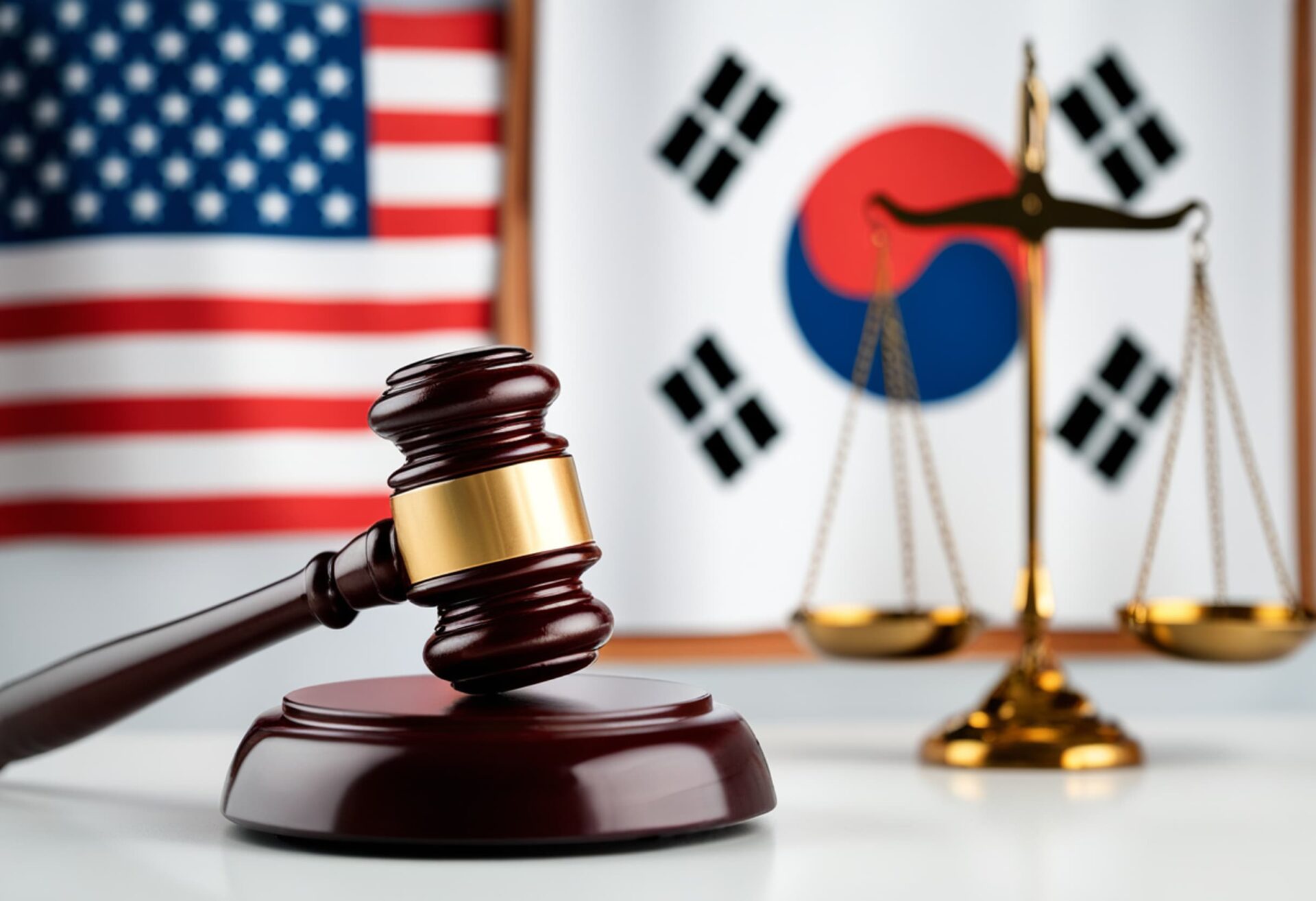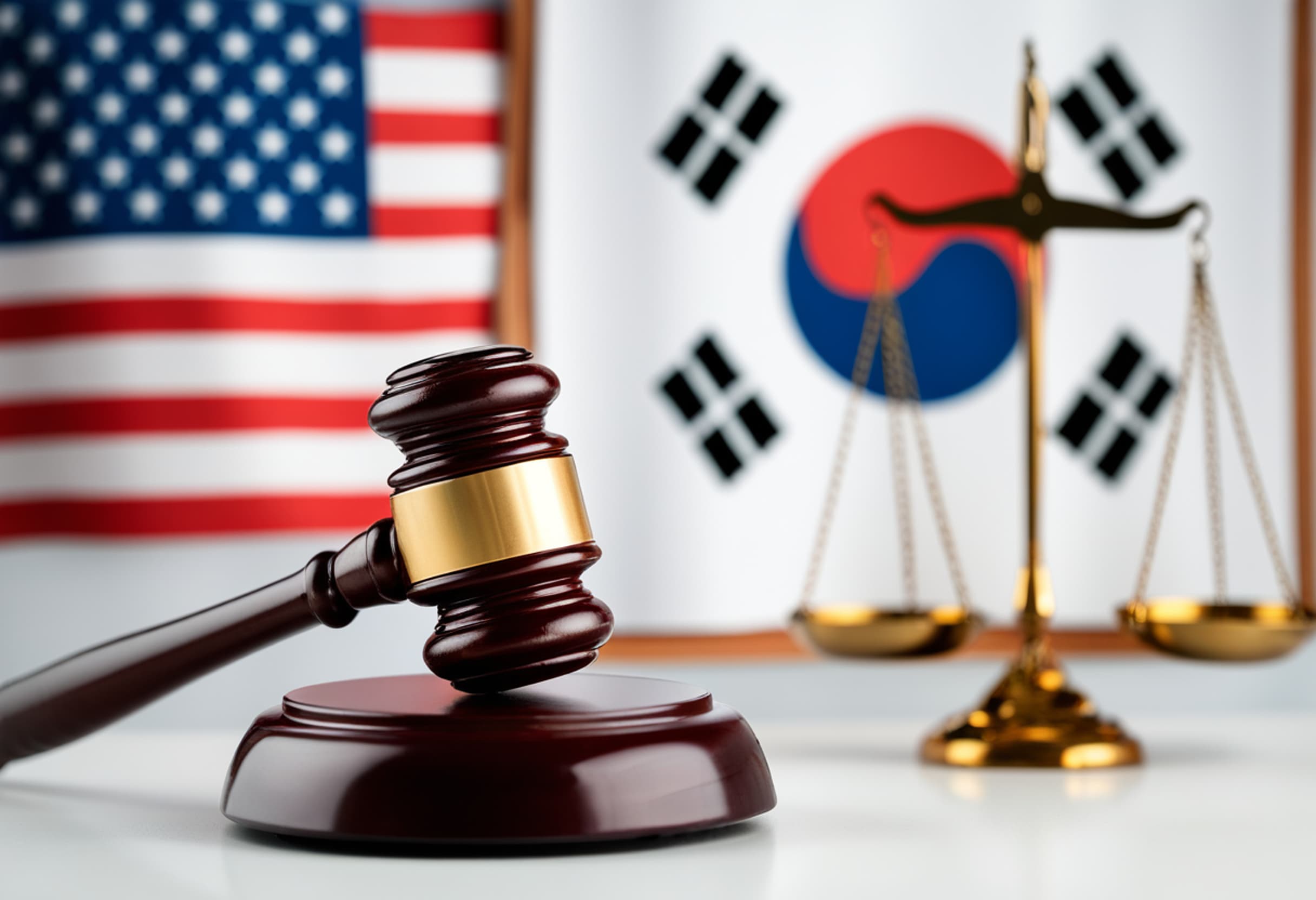Understanding SOFA Criminal Cases in Korea: What Happens When a U.S. Servicemember Commits a Crime?
When a U.S. servicemember stationed in South Korea commits a crime, it can raise legal, diplomatic, and emotional questions. Who has the authority to prosecute? What laws apply? How are victims protected? These concerns fall under SOFA criminal cases in Korea, governed by the Status of Forces Agreement (SOFA) between the United States and the Republic of Korea.
Pureum Law Office put this article together to walk you through how SOFA criminal cases are handled, what rights victims have, and how Korean authorities coordinate with U.S. military authorities in these sensitive situations.
What is the Status of Forces Agreement (SOFA)?
The US-Korea SOFA outlines the rights and responsibilities of U.S. military members (and others employed by the military) stationed in South Korea under a Mutual Defense Treaty between the two nations. The agreement regulates matters like jurisdiction, entry and exit procedures, tax exemptions, and employment rights.
What are SOFA Criminal Cases in Korea?
A SOFA criminal case arises when a U.S. military member stationed in the Republic of Korea is accused of committing a criminal offense. Such cases are governed by SOFA Article 22, which outlines how jurisdiction is shared between Korean and U.S. authorities. The agreement distinguishes between two categories of crimes:
- Exclusive Jurisdiction Cases: Crimes punishable only under Korean law (e.g., adultery) are fully handled by Korean courts.
- Concurrent Jurisdiction Cases: Crimes punishable under both Korean and U.S. law (e.g., theft, assault, DUI) are subject to negotiation between both governments to determine which side has primary jurisdiction.
Who Has Jurisdiction in SOFA Criminal Cases?
In concurrent jurisdiction cases, Korea typically has the primary right to exercise jurisdiction, unless:
- The offense occurred while the servicemember was on official duty, or
- The crime was committed against another U.S. military member.
In those exceptions, the United States has jurisdiction. However, even when the U.S. has the right, Korean authorities can request a waiver, and vice versa. This flexible framework aims to respect both nations’ sovereignty while maintaining military discipline.
For serious offenses, such as murder, rape, and major drug offenses, the 2001 SOFA amendment allows Korea to request custody of the accused before indictment—a key improvement that ensures suspects are available for trial and reduces public tension.
How Are U.S. Servicemembers Prosecuted in Korea?
If the Korean authorities have jurisdiction, the servicemember goes through the Korean criminal justice system, just like any Korean citizen, including:
- Investigation by Korean police;
- Prosecution by Korean prosecutors;
- Trial in Korean courts; and
- Sentencing according to Korean criminal law
However, SOFA requires that Korean authorities notify and coordinate with U.S. officials throughout the process. U.S. authorities also retain the right to monitor and receive updates on legal proceedings.
Why Are Only 12 Crimes Eligible for Pre-Indictment Custody?
One frequently asked question is why only 12 serious crimes allow Korea to detain a U.S. servicemember before indictment. These include:
- Murder
- Rape
- Armed robbery
- Kidnapping
- Drug trafficking
- Arson
- Aggravated assault
- DUI resulting in death
- Hit-and-run accidents leading to death
- Others deemed as “heinous” crimes under South Korean law
The reason is to strike a balance between protecting individual rights and ensuring public safety. For less serious offenses, Korea may still prosecute, but typically without detaining the accused unless absolutely necessary.
What Happens if the U.S. Retains Jurisdiction?
When the U.S. retains jurisdiction over a case (e.g., for official-duty crimes), the servicemember is subject to U.S. military law (i.e. the Uniform Code of Military Justice). The U.S. military then conducts its own investigation, prosecution, and punishment, often within a court-martial proceeding.
Importantly, the U.S. must inform the Korean authorities of the case’s outcome, including whether the servicemember was disciplined and how.
What Rights Do Victims Have?
Korean citizens harmed by a U.S. servicemember have the right to:
- File civil lawsuits directly against the individual
- Seek compensation through the Korean government, which can then negotiate reimbursement with the U.S. military
- Receive legal support in navigating the SOFA framework
In criminal cases where Korea exercises jurisdiction, the victim can fully participate in the trial process, including presenting evidence and receiving restitution under Korean criminal law.
Are SOFA Criminal Cases Fair to Korea?
Despite criticism in the past, the current SOFA framework—especially after the 1991 and 2001 amendments—has significantly improved fairness and accountability. Key enhancements include:
- Abolishing automatic waiver of Korean jurisdiction
- Allowing Korean pre-indictment custody for major crimes
- Establishing joint committees for SOFA operation and environmental inspections
Compared to other U.S. SOFA agreements (such as with Japan and Germany), Korea’s system is on par or more favorable, particularly regarding civil suit procedures and military cooperation.
Final Thoughts on SOFA criminal cases in Korea
SOFA criminal cases represent a delicate balance between international diplomacy and justice. While the Status of Forces Agreement was designed to enable U.S. military operations in Korea, it also protects Korean sovereignty and ensures victims’ rights are upheld.
The legal professionals at Pureum Law Office understand how complex and emotional these cases can be. If you or someone you know has been affected by a SOFA-related incident, contact us immediately to schedule a confidential consultation with a trusted attorney so we can guide you through the entire process.
Let us help




